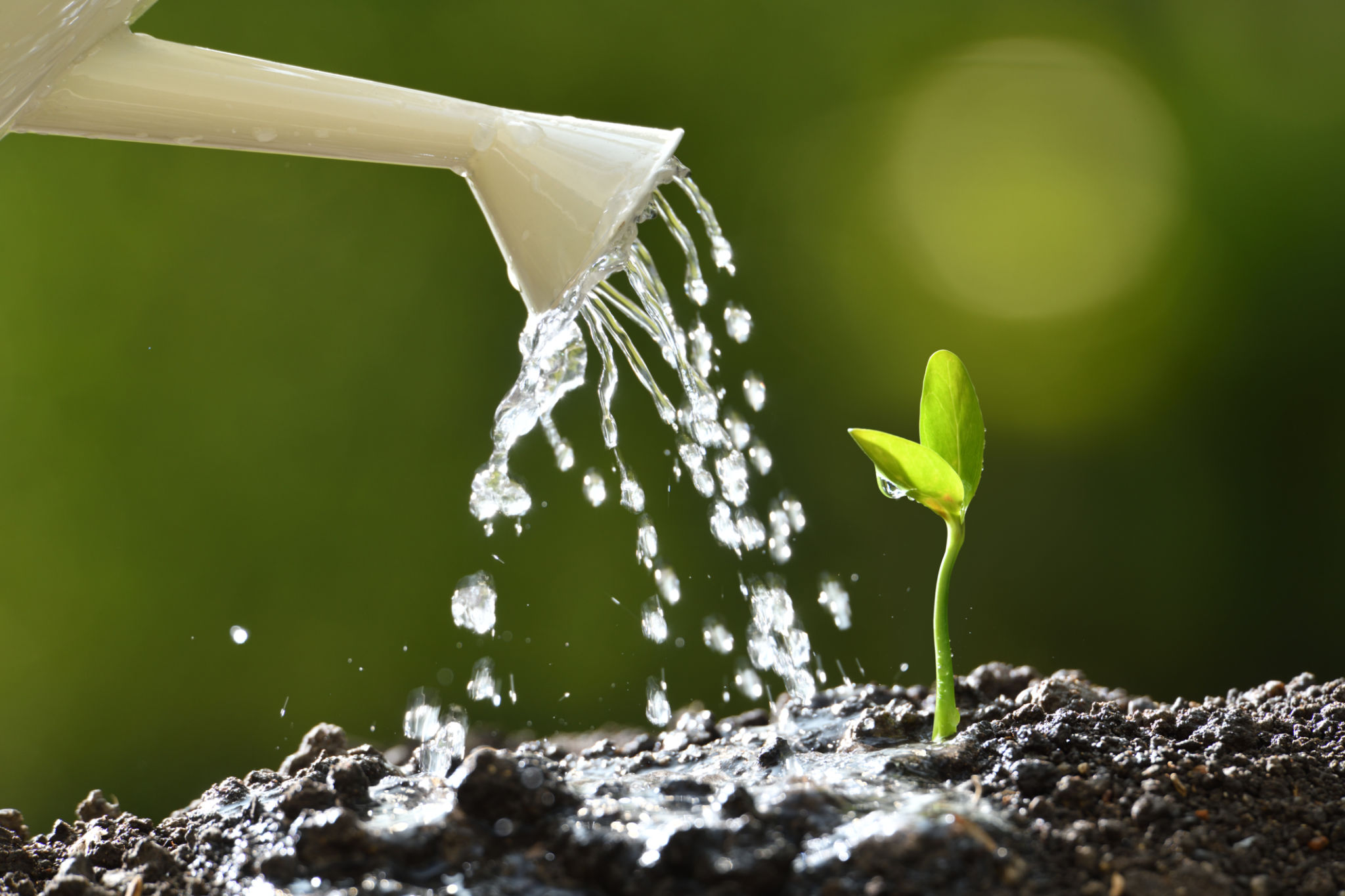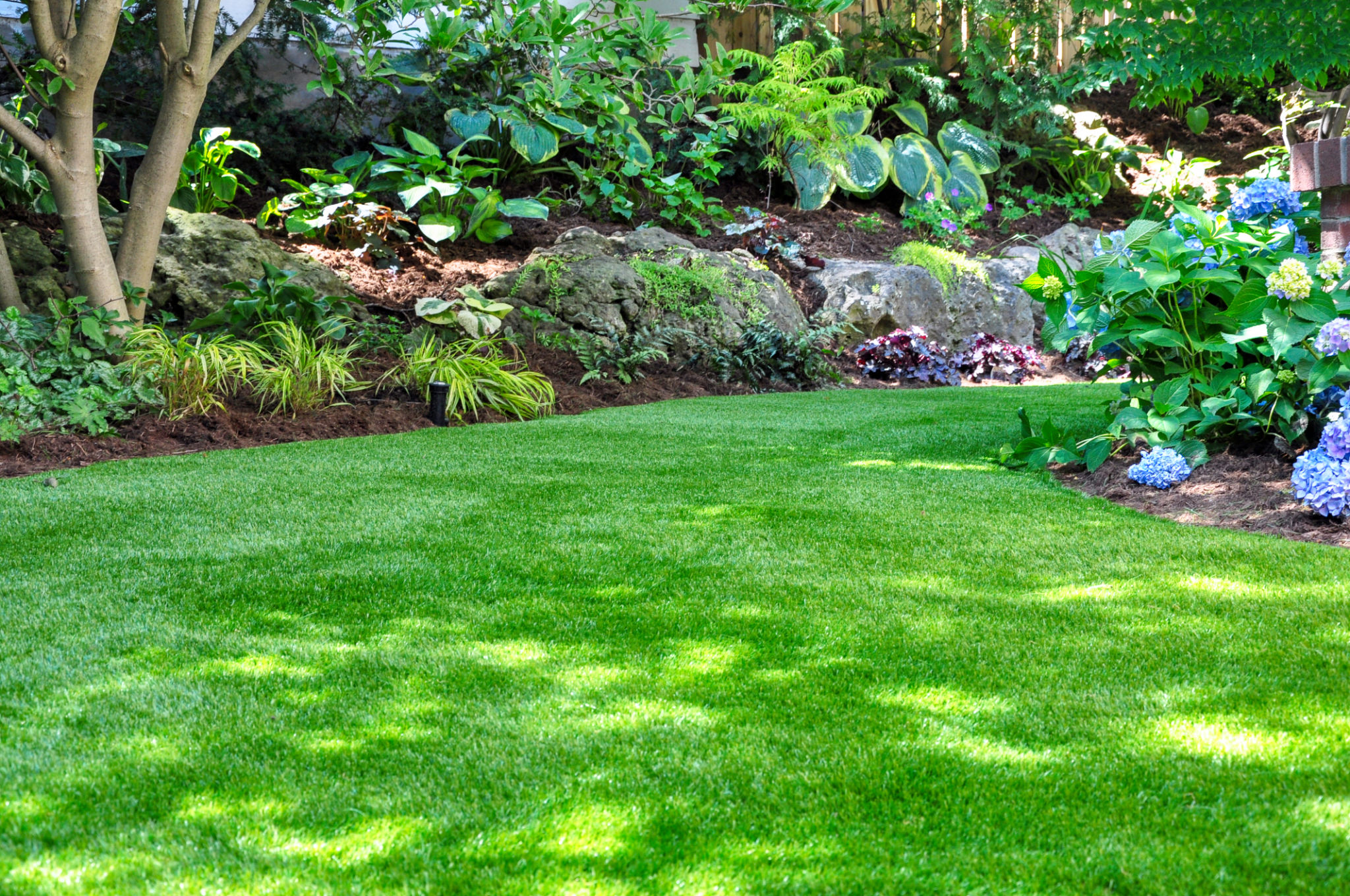Top 10 Common Mistakes Beginners Make in Horticulture and How to Avoid Them
Starting Without a Plan
One of the most common mistakes beginners make in horticulture is diving in without a solid plan. Enthusiasm is great, but it needs to be channeled effectively. Before planting, consider factors like climate, soil type, and the amount of sunlight your garden receives. A well-thought-out plan can prevent wasted time and resources.

Creating a Garden Layout
Once you've assessed your environment, sketch a layout of your garden. Decide which plants will go where based on their sunlight requirements and growth habits. This ensures that plants are not overcrowded and receive the nutrients they need.
Overwatering or Underwatering
Watering is a crucial aspect of plant care, and beginners often get it wrong by either overwatering or underwatering their plants. Overwatering can lead to root rot, while underwatering can cause plants to wilt and die. It's essential to understand the water needs of each plant species.
Checking Soil Moisture
To avoid watering mistakes, check the moisture level of the soil before watering. This can be done by sticking your finger about an inch into the soil. If it's dry, it's time to water; if it's moist, hold off for another day.

Ignoring Soil Quality
Many beginners underestimate the importance of soil quality. Plants derive essential nutrients from the soil, and poor soil can stunt growth and reduce yield. Conduct a soil test to determine its pH level and nutrient content. Amend the soil with organic matter like compost to improve its quality.
Using Mulch
Mulching is an effective way to enhance soil quality. It helps retain moisture, suppress weeds, and gradually adds nutrients to the soil as it decomposes. Apply a layer of mulch around your plants for healthier growth.

Choosing the Wrong Plants
Selecting plants that are not suited to your climate or soil conditions is a frequent error. Research which plants thrive in your region and choose varieties that are appropriate for your garden's conditions. This increases the chances of success and reduces maintenance efforts.
Understanding Plant Needs
Different plants have varying needs in terms of light, water, and space. Ensure you know these requirements before planting. Group plants with similar needs together to make care easier and more efficient.
Neglecting Pest Control
Pests can quickly turn a beautiful garden into a disaster zone if not managed properly. Beginners might overlook early signs of pest infestations, leading to widespread damage. Regularly inspect your plants for pests and use natural repellents or introduce beneficial insects to keep pest populations under control.
Implementing Preventative Measures
Preventative measures such as companion planting and using barrier methods can help reduce the likelihood of pest problems. Planting herbs like basil or marigolds can act as natural deterrents to certain pests.
- Avoid over-fertilizing; excess nutrients can attract pests.
- Keep your garden clean and free of debris where pests can hide.
Avoiding these common mistakes can set you on the path to becoming a successful horticulturist. With careful planning, attention to detail, and a willingness to learn, your garden will thrive in no time.